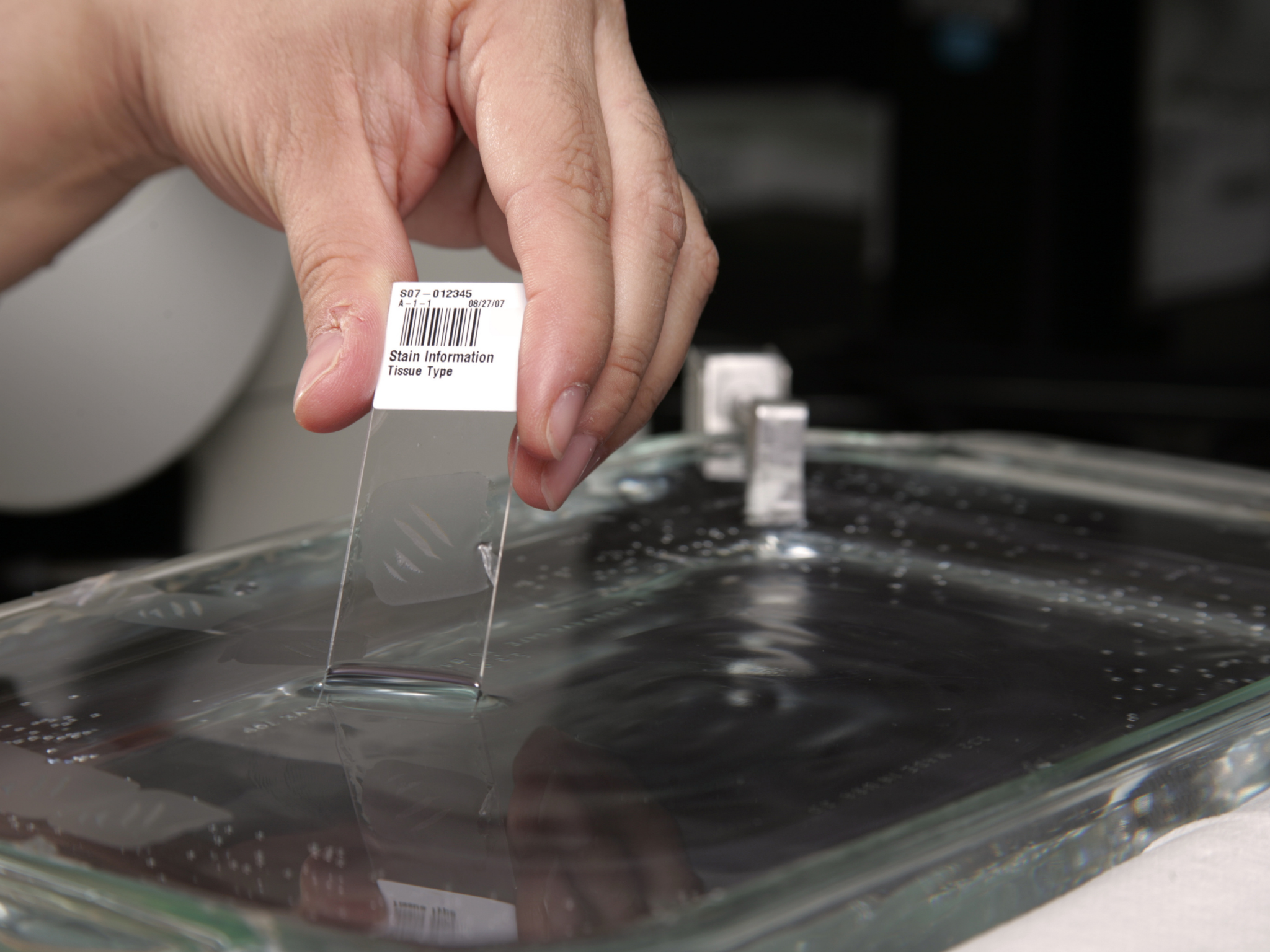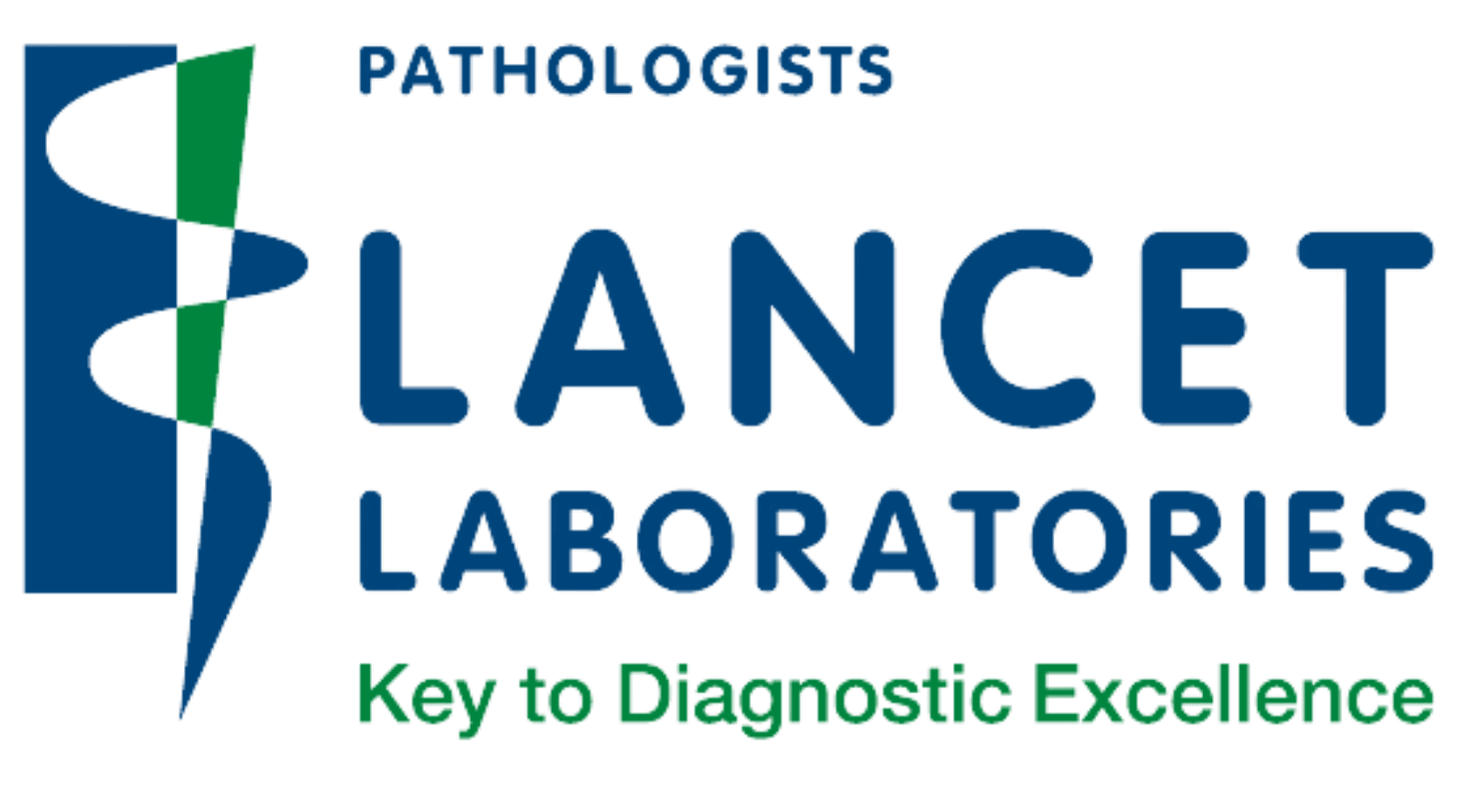Our experienced team of anatomical pathologists and lab staff examine tissue samples from biopsies and surgeries to diagnose diseases. A biopsy is when your doctor takes a small sample of tissue from your body to examine it under a microscope. Think of it like taking a tiny piece of suspicious tissue to get a closer look at what’s happening.
We test for infections, skin problems, lung and kidney diseases, and all types of cancer. We provide regular tissue testing and urgent results during surgical operations when needed. Beyond basic tissue examination, we use advanced laboratory techniques called immunohistochemistry, in situ hybridisation, and molecular testing to get the most accurate diagnosis possible. Immunohistochemistry uses special markers to identify specific proteins in your cells – like putting colored tags on different types of cancer cells. In situ hybridisation looks for specific genes or viruses directly in your tissue sample. Molecular testing examines your DNA and genes to find genetic changes that cause disease.
DNA (deoxyribonucleic acid) is like your body’s instruction manual – it’s the blueprint that makes you uniquely you. When your DNA is healthy, your body works normally – but when DNA has problems or damage, it can cause diseases or make you more likely to get sick. These advanced tests help us give you the exact diagnosis and guide your doctor to the best treatment. Our doctors also help patients from neighboring African countries like Botswana, Zimbabwe, and Mozambique. We work closely with your treating doctors in team meetings to make sure you get the right diagnosis and treatment plan.

